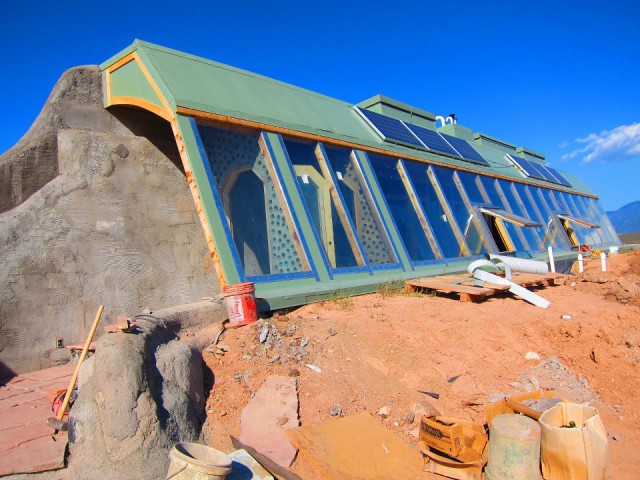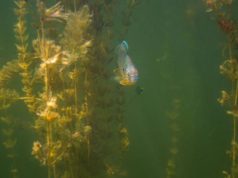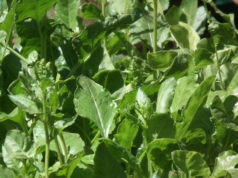
New world record in solar cell efficiency
A new solar cell structure has measured an efficiency rating of 44.7 percent, edging out the U.S. National Renewable Energy Laboratory’s previous record of 43.5 percent. Efficiency ratings reflect the percent of the sun spectrum’s energy, from ultraviolet to the infrared spectrum, that is converted into usable energy. Typical home solar panels’ efficiency rates measure between 20 percent and 30 percent.
A group of French and German researchers, including partners from The Fraunhofer Institute for Solar Energy Systems ISE, Soitec, CEA-Leti and the Helmholtz Center Berlin, achieved these efficiency rates through a method that stacks cells with a variety of semiconductors that allow the panels to absorb a more diverse range of wavelengths.
“We are incredibly proud of our team, which has been working now for three years on this four-junction solar cell,” Frank Dimroth, department head and project leader in charge of the development work at Fraunhofer ISE, said in a press release. “This four-junction solar cell contains our collected expertise in this area over many years. With this technology, we are able to connect two semiconductor crystals, which otherwise cannot be grown on top of each other with high crystal quality. In this way we can produce the optimal semiconductor combination to create the highest efficiency solar cells.”
— Zak Weinberg
Permaculture workshop hosted in Boulder
Local permaculture experts Regenerative Lifestyles and Madelife, a Boulder company that looks to promote and support local artists and entrepreneurs, are teaming up to provide a variety of permaculture workshops Oct. 4-6. Topics revolve around permaculture, a design science based on the observation of nature, and a play on words that embodies both “permanent culture,” or “perennial culture,” and “permanent agriculture.”
“Basically permaculture is a set of protocols based off of designs in nature,” says Mike Wird, biotech expert and co-founder of Denver Earthship, who will be speaking at the event. “We use those patterns in design to make decisions and solve problems. These lessons of design principles originated in the garden, but they’re applicable to any aspect of life, whether financial, social or environmental.”
Courses offered as part of Permaculture: Perennial Culture Part 1 dive into mycology (the study of fungi), soil ecology, mulching, composting, grey water systems, aquaponics and sustainable design techniques, including earthship building.
Tickets for the entire weekend cost $150 and can be purchased online at www.madelife.com.
— Zak Weinberg Respond: [email protected]














